|
BLOG
Korte and Associates
News
GET THE LEGAL ASSISTANCE YOU REQUIRE AT THIS MOMENT
|
How Long Does the Eviction Process Take in Florida?

Florida Eviction Timeline: From Notice to Removal
Understanding the Florida eviction timeline is crucial for both landlords and tenants. Here's what you need to know about each step and how long the process actually takes.
If you're facing an eviction in Florida , whether as a landlord trying to regain possession of your property or a tenant concerned about your rights, you're likely asking one critical question: How long will this take?
The answer depends on several factors, but understanding the typical timeline can help you prepare and protect your rights throughout the process.
The Complete Florida Eviction Timeline
In Florida, the eviction process typically takes 20 to 37 days from start to finish for uncontested cases. However, contested evictions or court backlogs can extend this timeline to several months. Here's a breakdown of each stage:
Step 1: Written Notice Period (3-30 Days)
Before filing any lawsuit, Florida law requires landlords to provide proper written notice. The length of this notice depends on the reason for eviction:
- 3-Day Notice: For non-payment of rent. Tenants have three days (excluding Saturdays, Sundays, and legal holidays) to pay the full amount owed or vacate.
- 7-Day Notice to Cure: For lease violations that can be fixed, such as unauthorized pets or noise disturbances. Tenants have seven days to correct the problem.
- 7-Day Unconditional Notice: For serious violations like property damage or repeated lease violations. No opportunity to cure, the tenant must move out.
- 30-Day Notice: For month-to-month tenancies without cause, landlords must provide at least 30 days' notice prior to the end of the rental period.
If the tenant complies during this period by paying rent or fixing the violation, the eviction process stops. If not, the landlord can proceed to court.
Step 2: Filing the Eviction Lawsuit (1-3 Days)
Once the notice period expires without resolution, the landlord can file a complaint for eviction with the county court. This typically happens within one to three days. The landlord must pay court filing fees (approximately $185-$400 depending on the county) and service of process fees to have the summons delivered to the tenant.
Step 3: Service of Summons (2-5 Days)
The court issues a summons that must be properly served to the tenant by a process server or sheriff. This usually takes two to five days. The summons informs the tenant they have been sued and must respond within five business days.
Step 4: Tenant's Response Period (5 Days)
After receiving the summons, tenants have five business days (excluding weekends and holidays) to file a written answer with the court. If the tenant fails to respond, the landlord can request a default judgment. If the tenant does respond, a court hearing will be scheduled.
Step 5: Court Hearing (5-10 Days)
If the case is contested, the court will schedule a hearing, typically within five to ten days. Both parties present their evidence and arguments. The judge will issue a ruling, usually on the same day or within a few days. For uncontested cases where the tenant doesn't respond, this step is much faster, sometimes just a few days.
Step 6: Final Judgment and Writ of Possession (Varies)
If the landlord wins, the court issues a final judgment for possession. After judgment, the clerk will issue a writ of possession to the sheriff. The time for the clerk to issue the writ varies by county and clerk workload — it may be issued the same day or take several days.
Step 7: Sheriff Posts Notice and Enforcement (24 Hours)
The sheriff posts the writ of possession on the tenant's door, giving them 24 hours to vacate the premises. After 24 hours, if the tenant hasn't left, the sheriff may return with the landlord to physically remove the tenant and their belongings and restore possession. (Florida law requires the 24-hour notice; actual scheduling can vary by sheriff's office.)
What Can Delay the Process?
Several factors can extend the eviction timeline beyond the typical 20-37 days:
- Tenant files a response and contests the eviction
- Court backlogs or scheduling delays
- Improper notice or procedural errors by the landlord
- Tenant raises valid defenses (retaliation, discrimination, or failure to maintain premises)
- Appeals filed by either party
Important Rights and Requirements
For Tenants: You have the right to proper notice, the opportunity to respond in court, and protection against illegal "self-help" evictions. Landlords cannot lock you out, shut off utilities, or remove your belongings without a court order. If they do, you may be entitled to damages of up to three times your monthly rent plus attorney fees.
For Landlords: You must follow every legal step precisely. Cutting corners or attempting to force a tenant out without a court order can result in lawsuits, fines, and having to restart the entire process. Working with an experienced eviction attorney ensures compliance with Florida Statute 83 and protects your rights.
2025 Updates to Florida Eviction Law
In 2023, Florida amended the Residential Landlord and Tenant Act, which continues to impact evictions in 2025. Key changes include standardized notice periods that override many local ordinances and clarified procedures for various eviction scenarios. Staying current with these laws is essential for both parties.
Facing an Eviction? Get Expert Legal Help Today
Whether you're a tenant defending your rights or a landlord navigating the eviction process, Korte & Associates has the experience you need. We understand Florida eviction law inside and out and will fight to protect your interests.
Don't wait, time is critical in eviction cases. Every day counts.
Contact Korte & Associates NowServing all of Florida | Proven results
Contact Us
Can my landlord evict me without going to court in Florida?
No. Florida law prohibits self-help evictions. Your landlord cannot lock you out, shut off utilities, remove your belongings, or force you to leave without a court order. Only a sheriff can legally remove you after the landlord obtains a writ of possession from the court. If your landlord attempts an illegal eviction, you may sue for damages.
How much does it cost to evict a tenant in Florida?
The total cost varies by county and case complexity. Court filing fees range from $185 to $400, plus service of process fees of $40-$100 per tenant. Sheriff's fees for executing the writ of possession typically run around $90. Attorney fees for uncontested evictions generally range from $500 to $2,000. Contested cases can cost significantly more. Many landlords also face lost rent during the process.
Can a landlord evict you without a lease in Florida?
Yes. If you don't have a written lease or are on a month-to-month arrangement, your landlord can terminate your tenancy without providing a specific reason, as long as proper notice is given. For month-to-month tenants, landlords must provide 30 days' notice. However, they still cannot discriminate or retaliate against you, and they must follow the full legal eviction process if you don't voluntarily leave.
Can I stop an eviction by paying the rent I owe?
It depends on timing. If you pay the full amount owed during the 3-day notice period (before the landlord files the lawsuit), the eviction must stop. However, once the landlord files the eviction lawsuit in court, paying the rent may not automatically stop the case, especially if you've been late with rent multiple times. Some judges may allow you to pay and stay, but it's not guaranteed. Taking immediate action during the notice period is critical.


